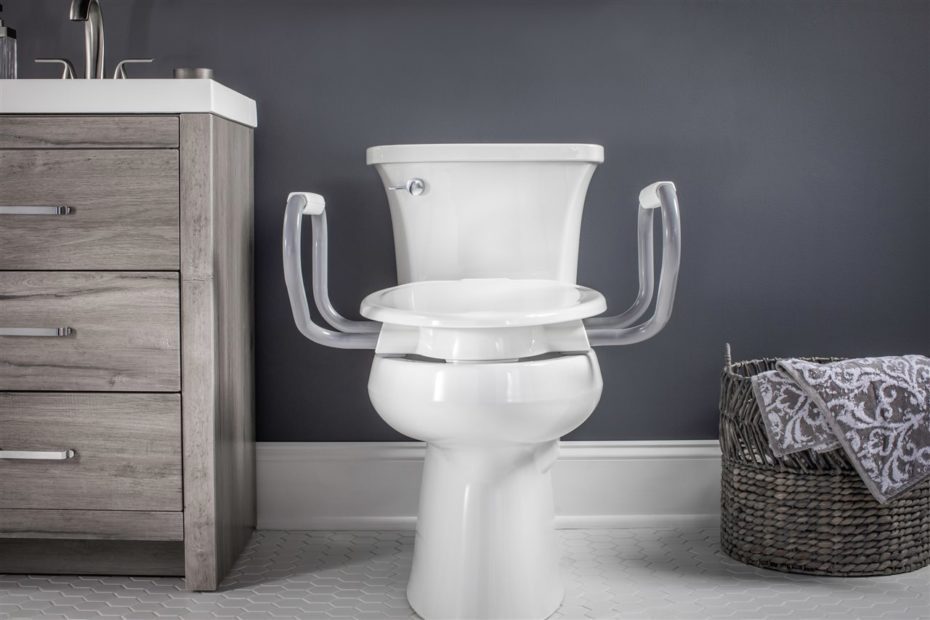Participating in Clinical Trials for Dementia Is for Anyone
By volunteering for a clinical study or clinical trial, you can become a partner in helping researchers discover new ways to potentially diagnose, treat, and prevent Alzheimer’s disease and related dementias.






